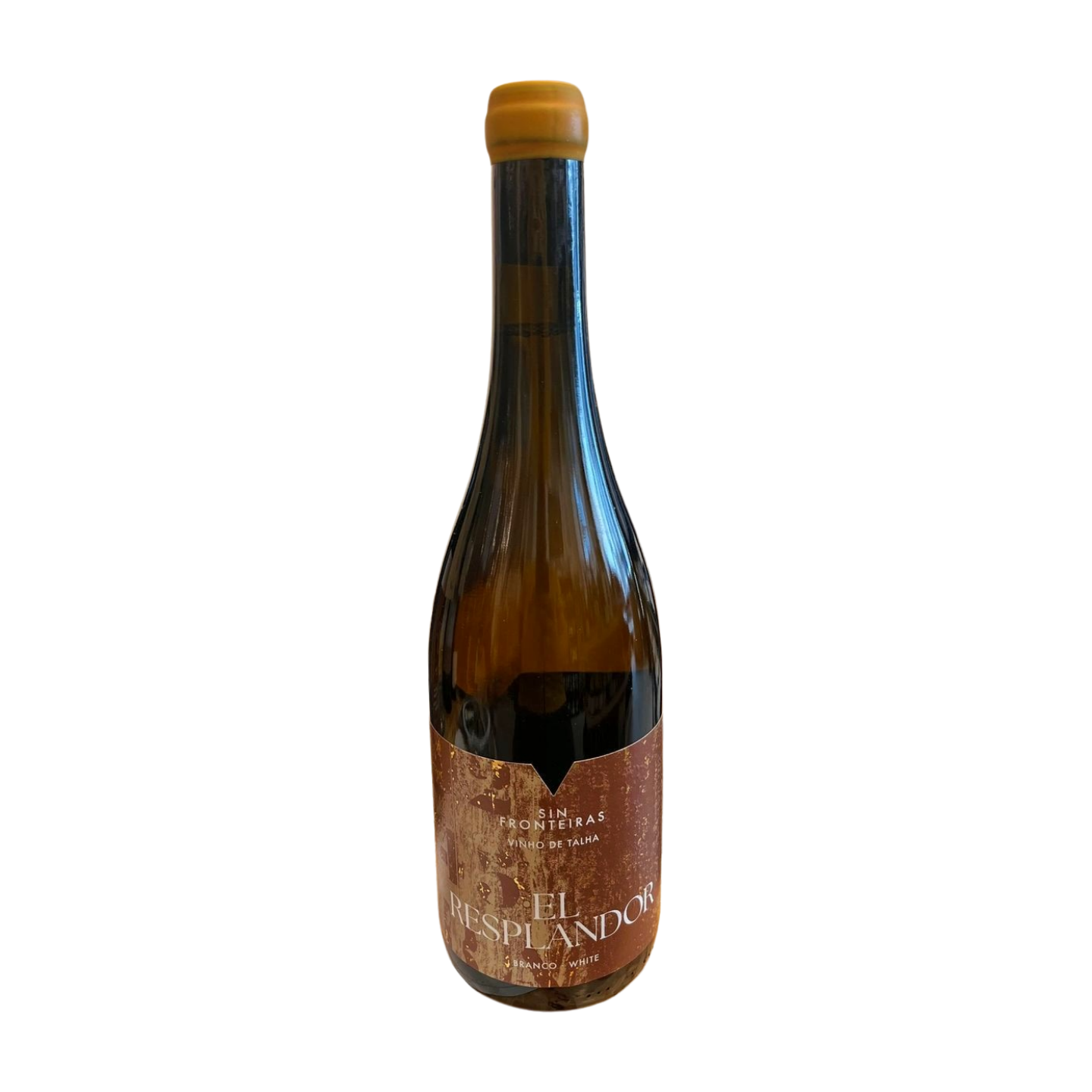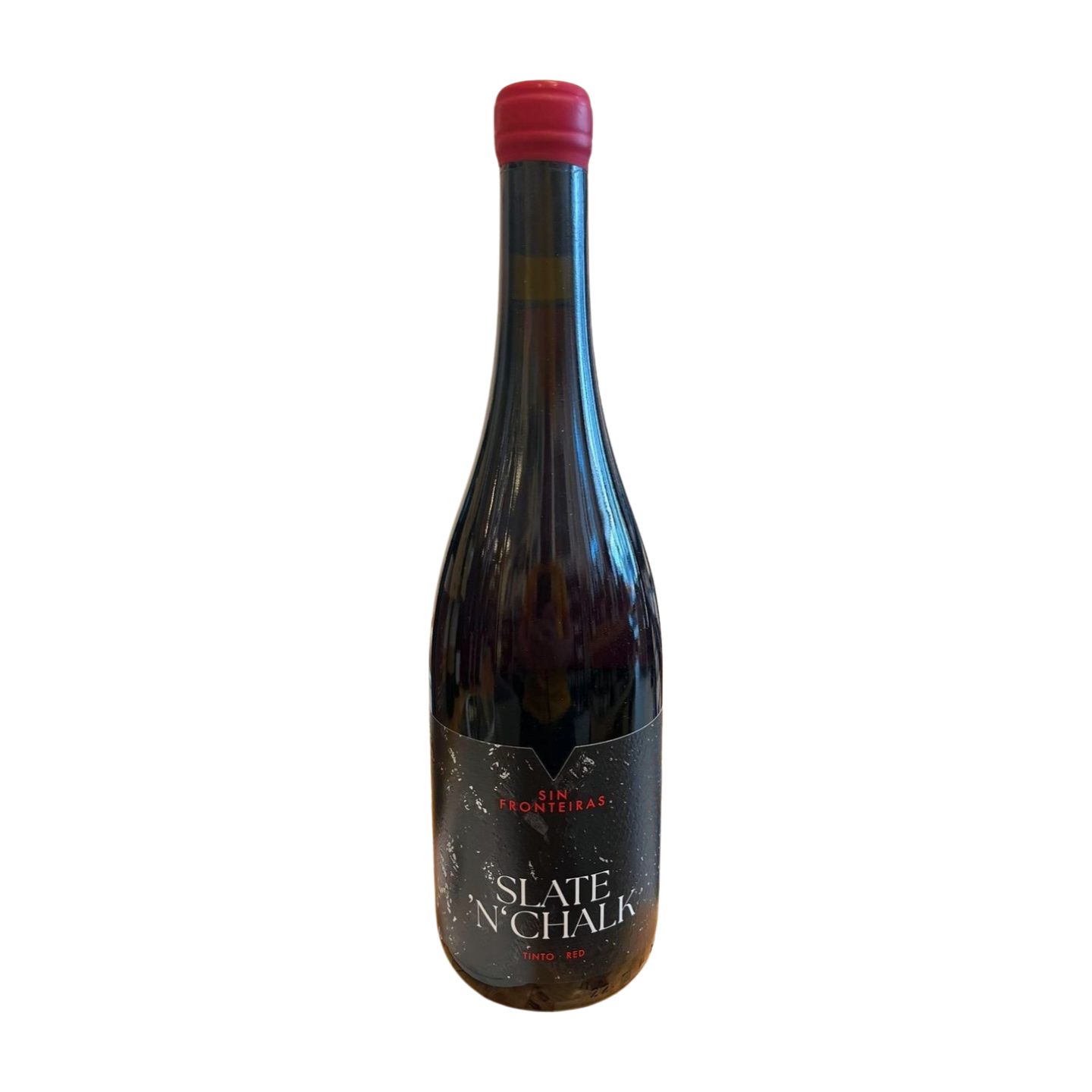Vinhos Sin Fronteiras
Located in Baixo Alentejo, on the left bank of the Guadiana River, the region of Amareleja has climatic and geomorphological characteristics that are particularly challenging for vineyard culture. In this territory of significant thermal amplitudes and long summers of intense heat, several nations have recognized its agricultural potential throughout history—especially for wine and olive production.
It is presumed that the Tartessians first started here with the domestication of vines and the subsequent introduction of wine to the region. Then came the Phoenicians, the Greeks, and only then the Romans – who generalized the culture of vine and wine in the Alentejo. The mark of the Roman Empire's ancestral wisdom remains in our days, both in the viticultural practices and in the traditional winemaking in clay pots (amphora).
Vinhos Sin Fronteiras is a relatively new wine label that has emerged as a pioneering force in Iberian winemaking. This project is born from the passion for Vinho de Talha (Amphora Wine) of Amareleja, for its people, customs, and traditions. It unites several generations of different origins and histories around the reverence that we all share for this patrimonial heritage and its role in this region’s identity, with pride and respect for the land and what it offers.
By collaborating with Adega Marel, Sin Fronteiras has forged a partnership that transcends geographical boundaries and challenges established winemaking norms. Winemakers Tiago Macena and Raul Moreno Yague focus on experimental winemaking, pushing the limits of grape varieties and blending techniques. This innovative approach is evident in its flagship wine, "Slate 'N Chalk Tinto," a unique blend of Portuguese and Spanish grapes. Through this and other experimental wines, Sin Fronteiras aims to create a dialogue between different terroirs and winemaking traditions.
Vinhos Sin Fronteiras represents a dynamic and exciting chapter in the evolution of Portuguese wine, demonstrating a willingness to experiment and explore new frontiers of taste.
Filters
Portuguese wine
Frequently asked questions
The entire country of Portugal is divided into 14 different wine regions, including in the Azores and Madeira islands. Some of Portugal's most famous winemaking regions include the Douro Valley (known for Port) and Vinho Verde (known for its light, refreshing white wines).
Portugal is becoming more well known for its orange wines, talha wines (traditionally made in clay pots), and palhete (made by blending red and white grapes together).
Portugal is best known for its fortified wine, called Port wine. It is produced in the Douro Valley, which is a UNESCO World Heritage Site and recognized as the world's first demarcated wine region, established in 1756.
Vinho Verde in northern Portugal is another popular winemaking region characterized by rolling hills and lush landscapes. It's known around the world for low-alcohol, refreshing white wines, although the region traditionally focused more on red wines made with the fruit-forward vinhão grape.
The Portuguese island of Madeira, with its subtropical climate, is renowned for its fortified wines. Winemaking here dates back to the 15th century, when Portuguese
explorers brought grape varieties from around the world.
Our sustainable, natural wine shop is located in the Marquês neighborhood in Porto, Portugal. We also ship to countries around the world, including within Europe, the United States, Canada, Australia, China, and more. Review our Shipping Policy to learn more.
In recent years, there has been a notable shift toward sustainable viticulture and the production of natural wine in Portugal. Many winemakers are implementing organic farming practices and embracing biodiversity to maintain soil health and reduce chemical inputs. This commitment to sustainability is not only beneficial for the environment but also enhances the quality of the wines, allowing the unique characteristics of the terroir to shine through. For example, some winemakers are now utilizing ancient terracotta amphorae for fermentation (called talha in Portuguese). This method preserves regional cultural heritage, enhances the wine's character, and aligns with sustainable practices by reducing reliance on modern materials.


